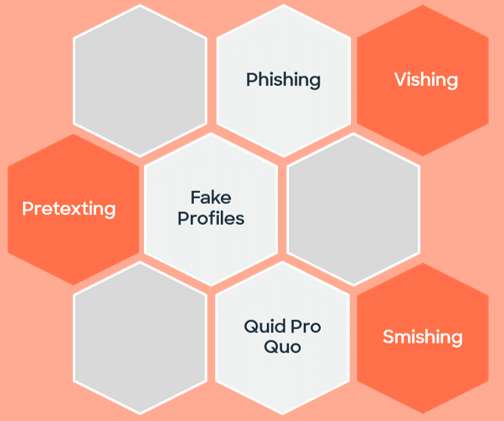FTC: Romance Scammers Swindled $143M From Consumers In 2018
PYMNTS
FEBRUARY 12, 2019
12) about potential “romance scams,” which cost victims a collective $143 million last year. The FTC said these particular types of scams cost people more than any other type of swindling, and that they’re expected to become more common. Also, make sure to notify any dating site on which the person tried to scam.















Let's personalize your content